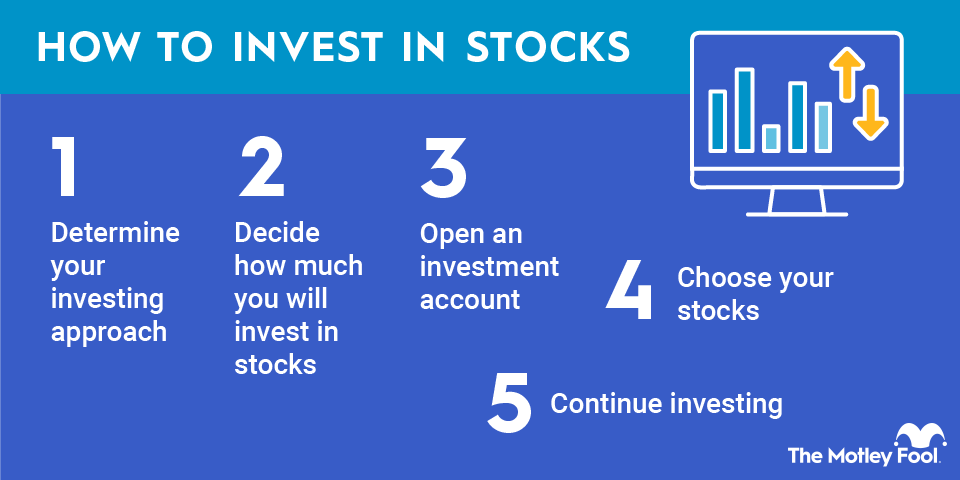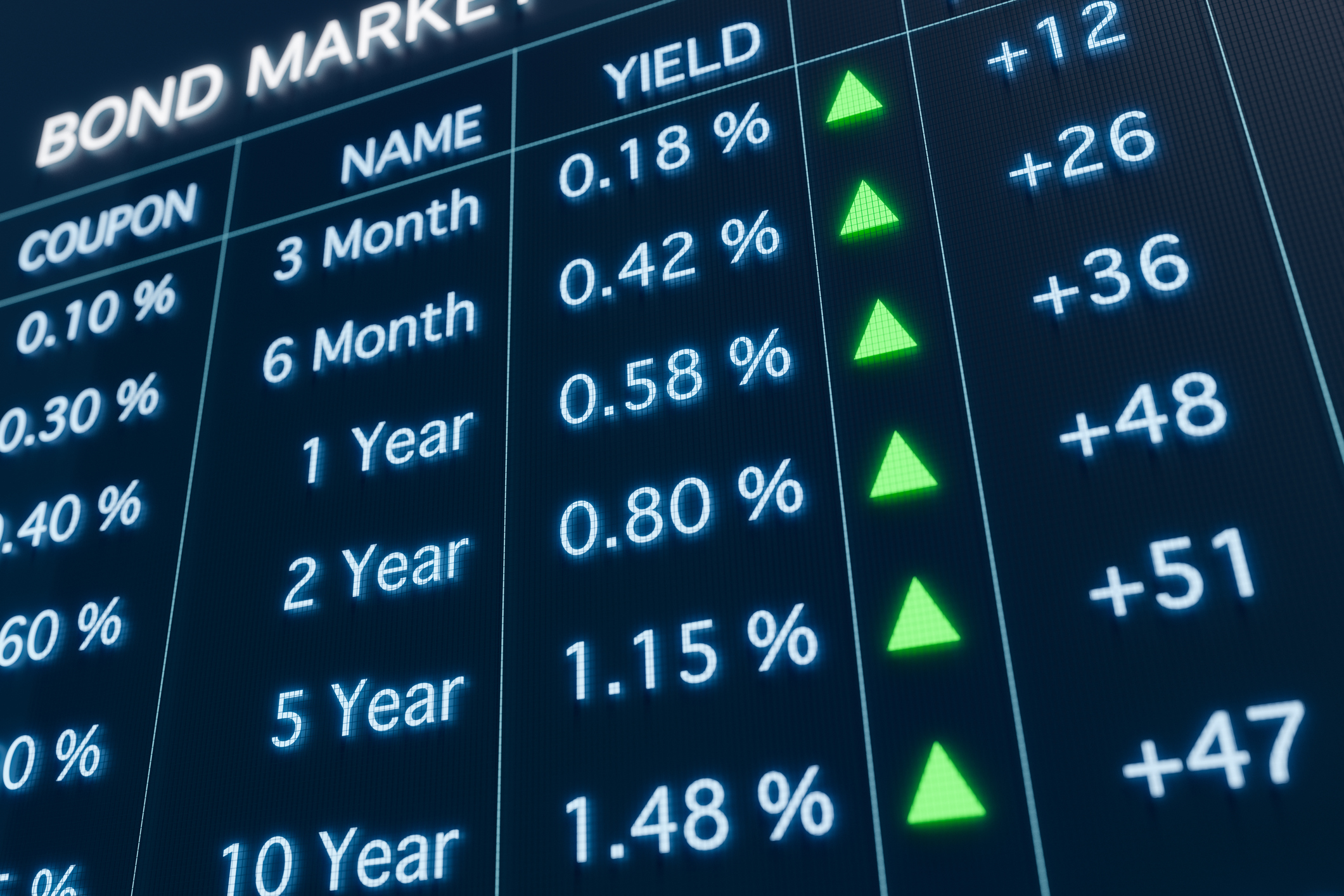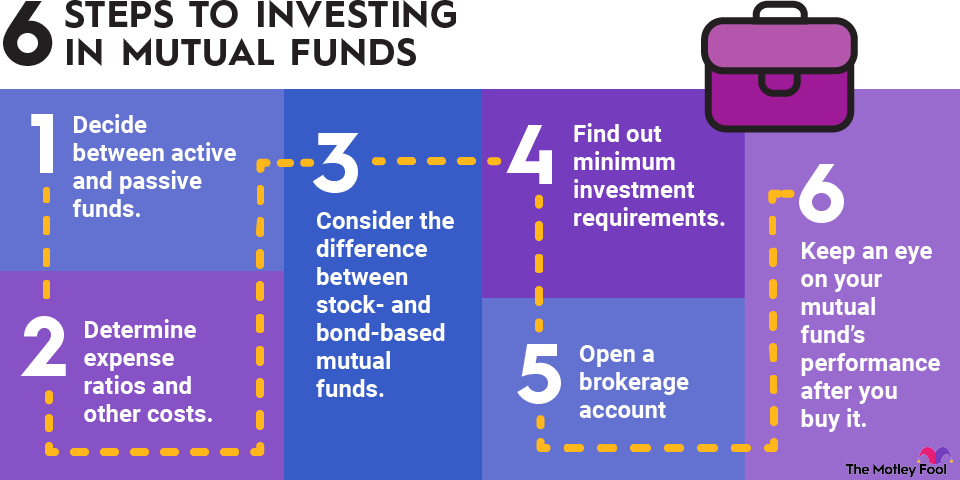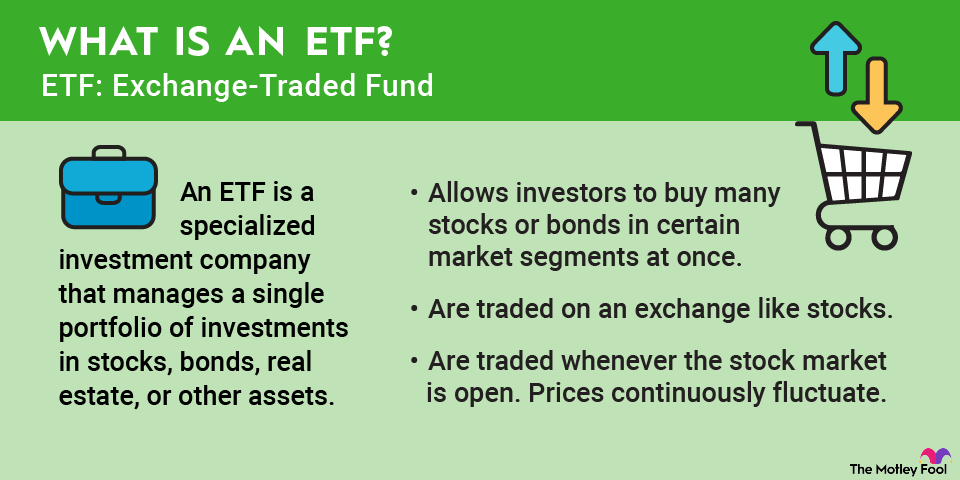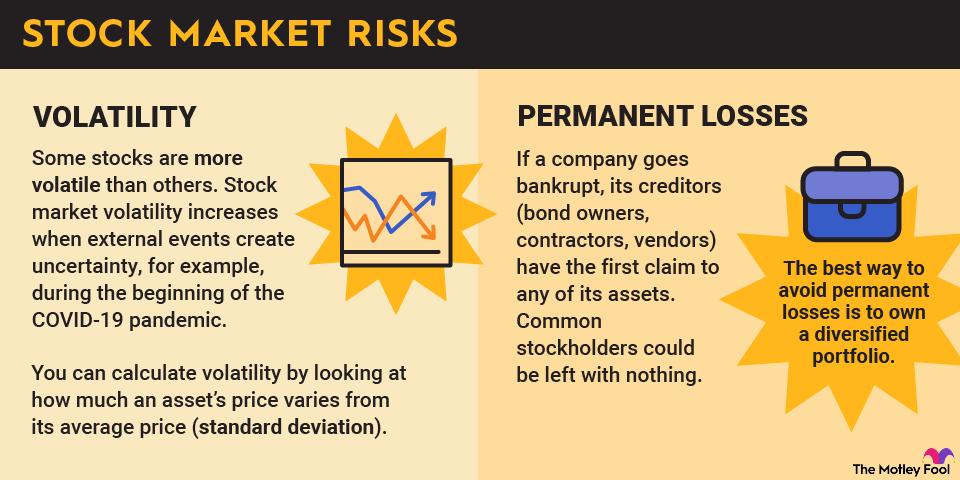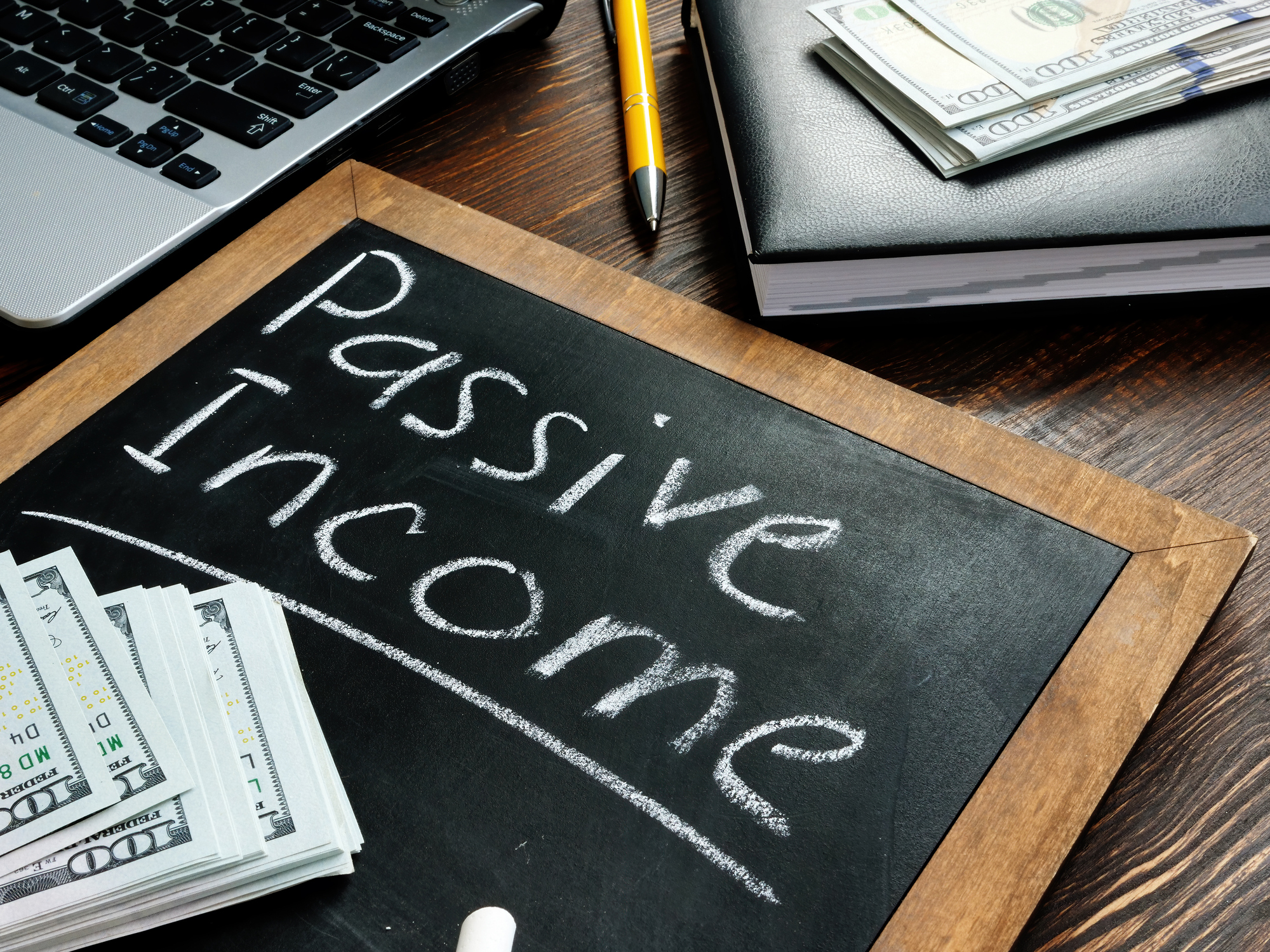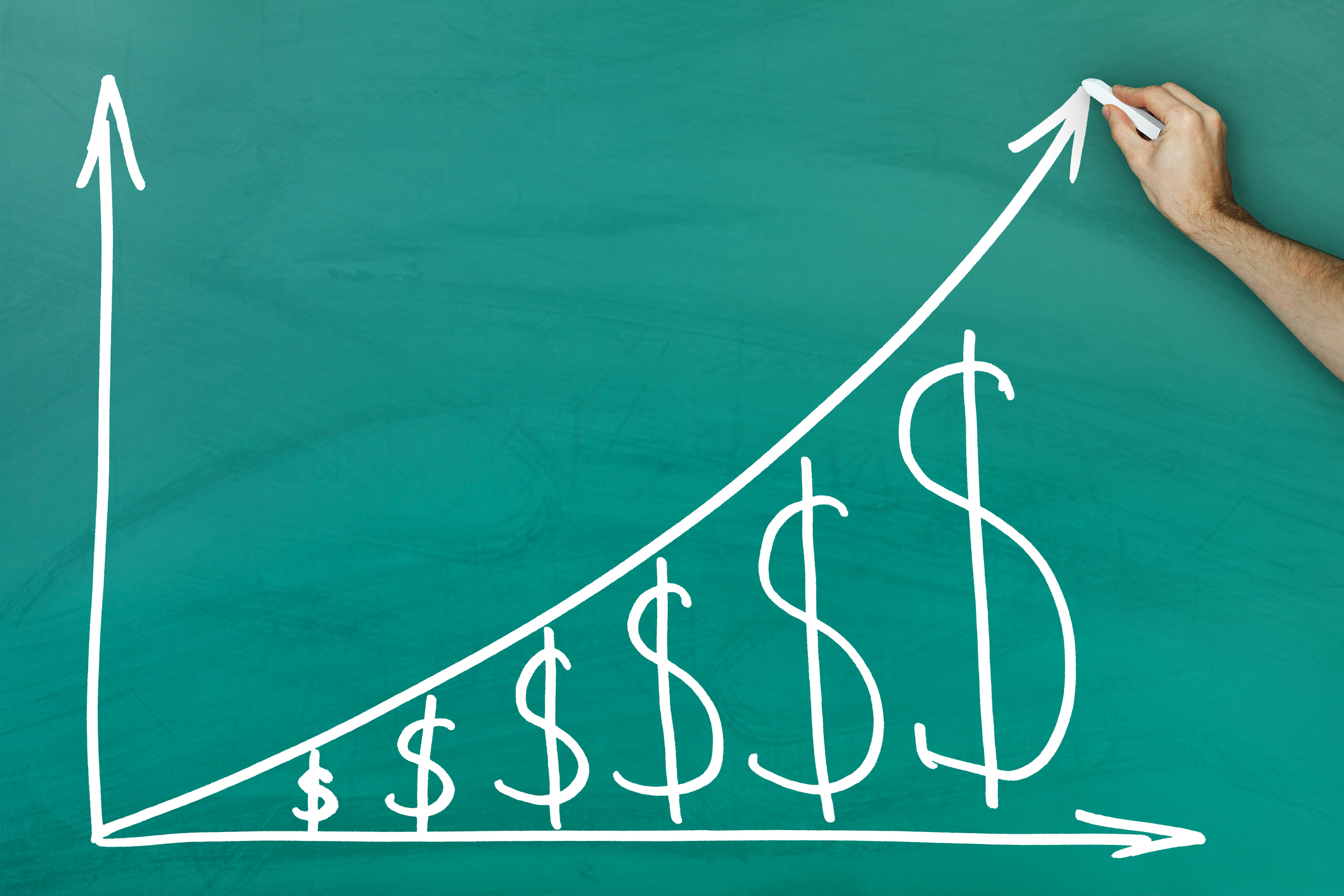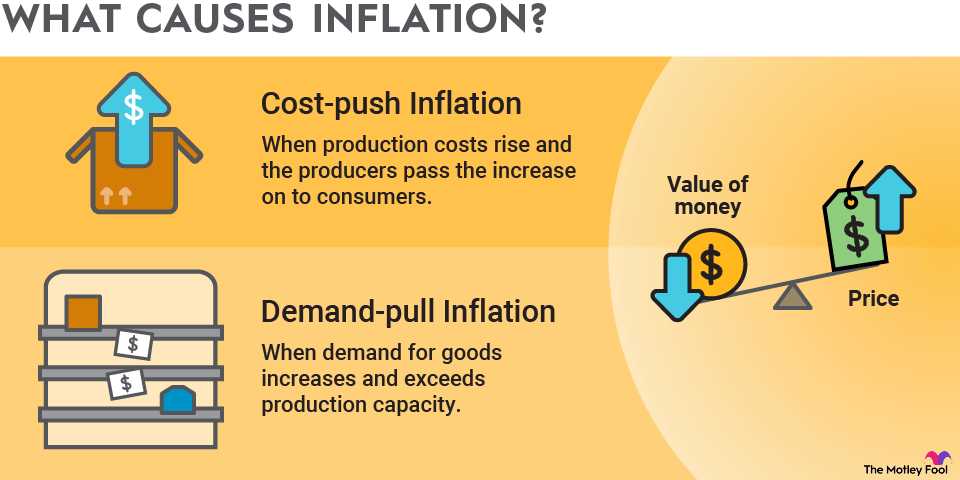No one is born knowing how to invest, but the best investing books are a great way to start your education. They give you the opportunity to learn from the most successful investors, some of whom have made billions for themselves and others on the stock market.
You'll find our favorite books for investing below. All our selections are beginner-friendly, while also containing useful information for experienced investors.

Ten best investing books for beginners
1. One Up on Wall Street by Peter Lynch
Peter Lynch outlines a simple yet effective strategy in One Up on Wall Street: Invest in what you know. You already have knowledge of many businesses through your everyday life, and you can use that experience to find investment opportunities. Lynch also covers how to do your homework on potential investments, as well as the six different types of stocks and their value in your portfolio.
This book is especially popular with new investors for Lynch’s accessible writing style and helpful examples to explain important concepts. Unlike some investing books, there’s no dense, overly complex language here. One Up on Wall Street is enjoyable to read and informative, with lots of investing tips for beginners.
2. Common Stocks and Uncommon Profits by Philip Fisher
Common Stocks and Uncommon Profits is a guide to tracking down growth stocks -- the kinds of companies that can supercharge your portfolio. To accomplish that, Philip Fisher recommends looking at the quality of a company’s management and its competitive advantages. He also advises readers to get information about a business from the people who understand it, including employees and customers, a technique that he calls “scuttlebutt.”
Fisher’s approach is great for beginners who may be intimidated by the idea of diving into complicated financial metrics. Instead, he teaches how to evaluate businesses qualitatively.
3. Poor Charlie's Almanack by Charlie Munger and Peter D. Kaufman
Charlie Munger, the long-time business partner of Warren Buffett, helped make Berkshire Hathaway (BRK.A +1.47%)(BRK.B +1.27%) one of the largest companies in the world. Peter D. Kaufman collected 11 insightful talks by Munger in this book, covering his approach to choosing investments and making decisions.
One of the most valuable parts of Poor Charlie’s Almanack is how it breaks down the cognitive biases that plague many investors. If you’re new to investing, awareness of these pitfalls can significantly improve your decision-making and help you avoid the common beginner investing mistakes.
4. The Most Important Thing: Uncommon Sense for the Thoughtful Investor by Howard Marks
Howard Marks, co-founder of Oaktree Capital Management, covers all the crucial elements of how to invest money in just 200 pages. His insights on risk management and second-level thinking are particularly valuable. Marks also emphasizes the importance of being a contrarian, explaining that outperformance is only possible if you invest differently than others.
The Most Important Thing: Uncommon Sense for the Thoughtful Investor is fantastic at presenting complex information in an understandable manner. By the end of the book, readers will understand how to build a portfolio with growth potential without taking on unnecessary risk.
5. The Psychology of Money by Morgan Housel
Former Motley Fool columnist Morgan Housel wrote The Psychology of Money, a collection of 19 short stories with financial lessons. The book illustrates how your financial success isn’t just about what you know or how smart you are. The most important factor is how you behave with money.
While this isn’t strictly an investing book, its psychological insights could help just about anyone make better investing decisions. The format and writing style make it a fun, easy read, no matter your level of financial knowledge. Each chapter is its own self-contained story that also connects back to the theme of the book.
6. The Intelligent Investor by Benjamin Graham
You won't find many, if any, investing books as highly regarded as The Intelligent Investor. Author Benjamin Graham, known as the father of value investing, gives readers a thorough explanation of how to determine the value of a company. Warren Buffett has even called this the best investing book ever written.
This book was published in 1949, but you’ll find time-tested principles on how to invest in stocks that you can use to evaluate what businesses are worth and where to invest your money.
7. The Essays of Warren Buffett: Lessons for Corporate America by Warren Buffett and Lawrence Cunningham
Buffett started writing annual letters to Berkshire Hathaway shareholders in 1965. While there is a book available with all the letters from 1965 through 2014, The Essays of Warren Buffett: Lessons for Corporate America is a curated collection. It’s the perfect starting point for learning about Buffett's investing strategy and how he views the market.
This book gives you the chance to learn from arguably the greatest investor of all time, and Buffett’s writing style is a treat. He explains concepts clearly and provides plenty of insightful nuggets of wisdom that will be appreciated by novice and advanced investors alike.
8. The Little Book That Still Beats the Market by Joel Greenblatt
The Little Book That Still Beats the Market provides what Joel Greenblatt calls his “magic formula” for investing. The formula primarily focuses on companies with high earnings yields and high returns on invested capital, although it’s a little more detailed than that. While following a formula isn’t our approach at The Motley Fool, Greenblatt’s book has plenty of valuable insights on what to look for when evaluating a business.
Beginners may appreciate the straightforward approach that Greenblatt endorses. This book is also an easy read and a short one, clocking in at just over 200 pages.
9. The Little Book of Common Sense Investing by John Bogle
John Bogle popularized the idea of investing in low-cost index funds, and this book makes his case for why that’s the most sensible approach. He explains the traps that investors often fall into, such as trying to time the market, and how these mistakes can drastically cut into your portfolio’s returns.
Index funds aren’t the only way to be a successful investor. But if you prefer the hands-off approach or want to learn about the benefits of passive investing. The Little Book of Common Sense Investing will be right up your alley. It’s also a good read for new investors who want to compare investing strategies and decide which one is right for them.
10. The Motley Fool Investment Guide by David and Tom Gardner
Rounding out the list is the book that teaches you to invest Foolishly. Co-founders David and Tom Gardner each go over the specific qualities they look for in a business and how you can do your own research to find winning investments. You’ll learn the methods Tom uses to build his Everlasting Portfolio and how David finds Rule Breakers.
The Motley Fool Investment Guide has a humorous approach and explains everything in plain English -- you don’t need a degree in finance to understand the concepts in this book. It covers how to start investing for the first time, and since the third edition of this guide came out in 2017, it’s much more recent than many books on investing.
Related investing topics
Which investing book should you read first?
The investing book to read first is whichever stood out to you the most. You can't go wrong with any of the books on this list, as they're all packed with useful advice. It's always easier to finish a book when you find it interesting, so start with the one that sounds most enjoyable.
FAQ
Best investing books: FAQ
About the Author
Lyle Daly has positions in Berkshire Hathaway. The Motley Fool has positions in and recommends Berkshire Hathaway. The Motley Fool has a disclosure policy.


